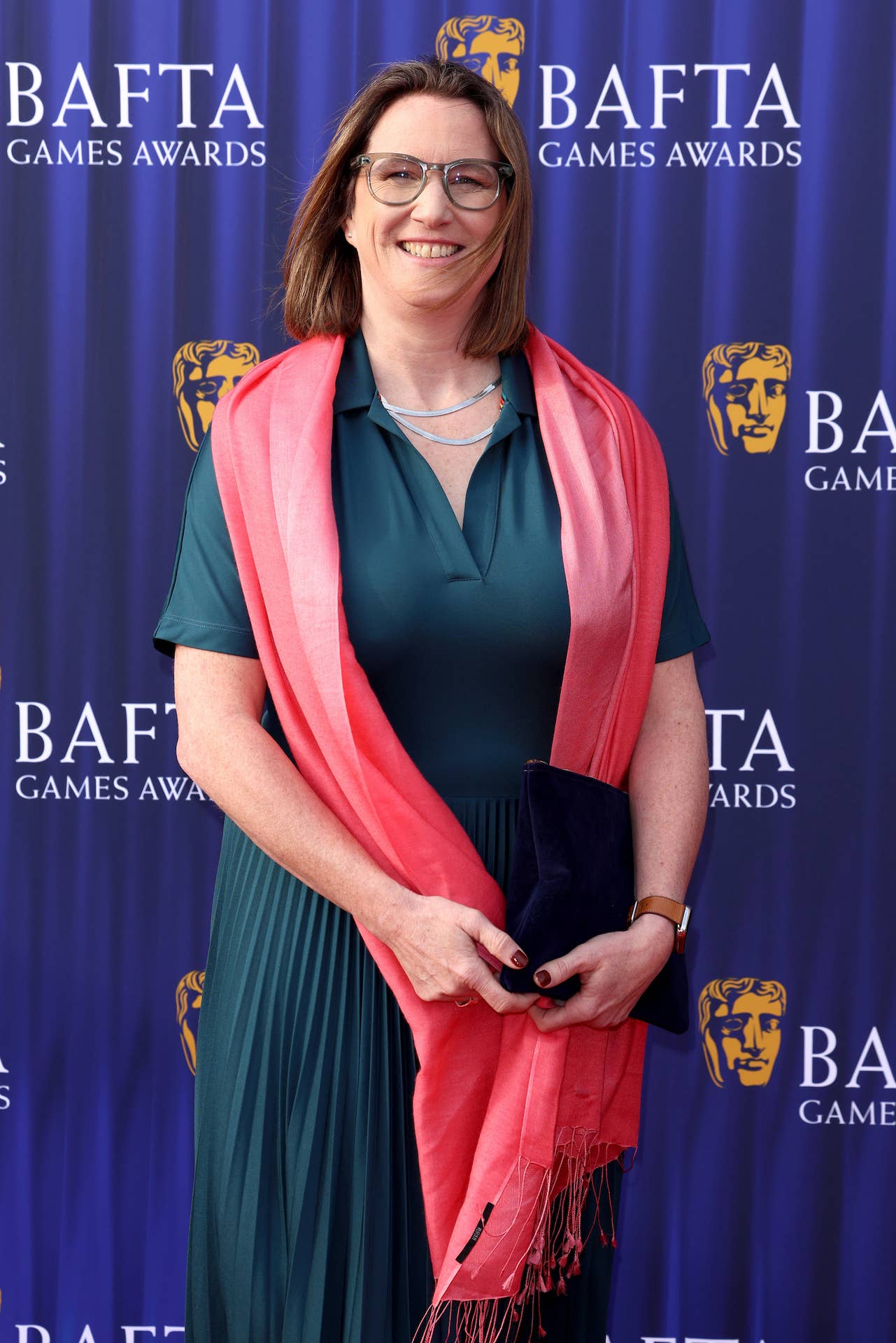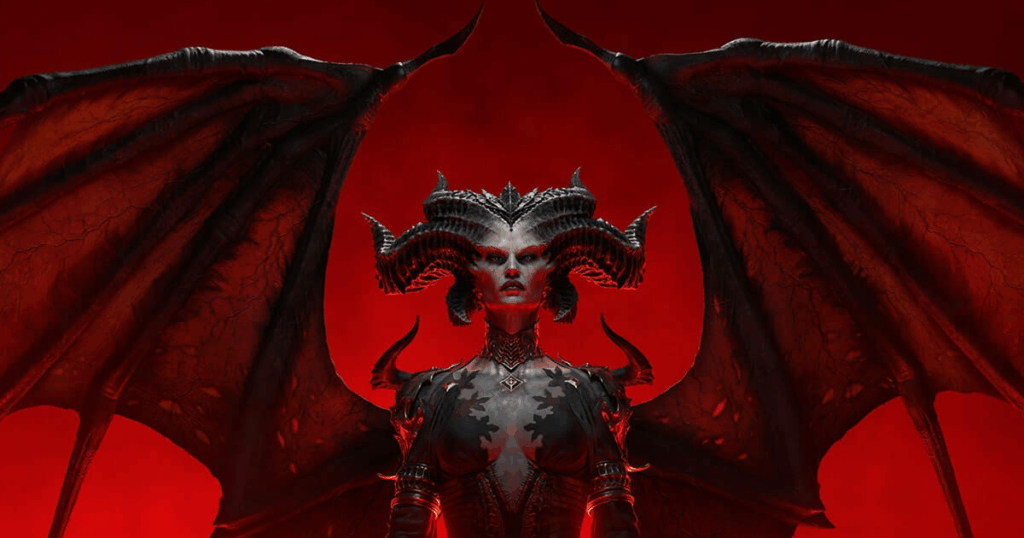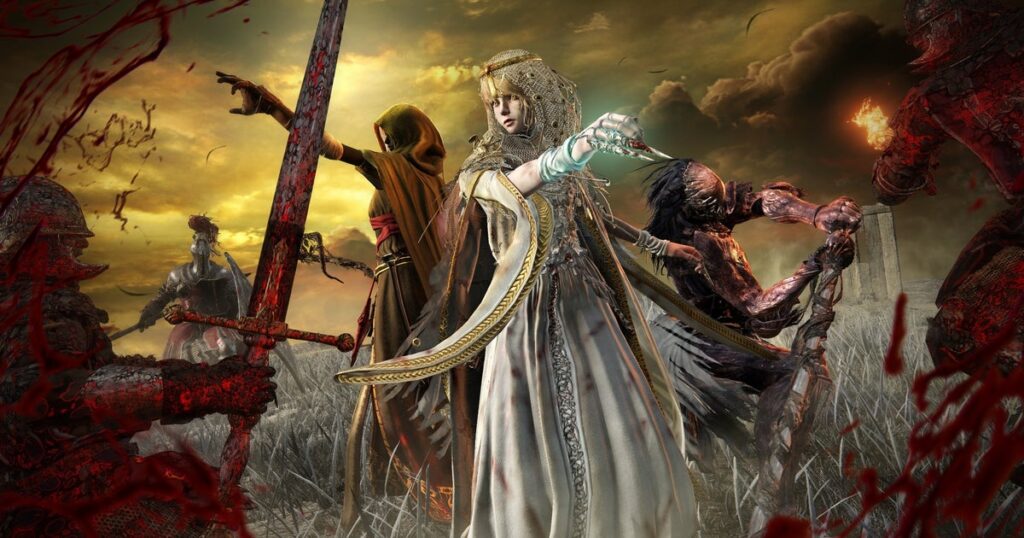The 22nd BAFTA Games Awards will take place on April 17, 2026, and the nomination process is already underway. But have you ever wondered how the awards are judged?
It turns out that there’s a very lengthy and involved process behind it all.
Emma Baehr, BAFTA’s executive director of awards and content, is the person who oversees everything behind the scenes. Not only is she involved in sorting out the logistics and production of the awards event itself, she also manages the team behind the judging process.
“It’s really the engine of it all,” she says. “Everything from the rules, the eligibility, the juries, to making sure everything’s absolutely correct and fair and inclusive is done by that team.”
Initial nominations
The first part of the awards process is fielding nominations from BAFTA members. Overall, BAFTA has nearly 14,000 members across film, television, and games, but only the 1,400 or so members involved in the games industry are permitted to submit nominations for the BAFTA Games Awards.
There are currently 17 awards categories (plus the fellowship award, which is decided by a committee and ratified by the board). For most of the categories – such as Best Game, Debut Game, British Game, and so on – all of the just over 1,400 BAFTA games members can submit nominations.
However, there are six specialist categories – Artistic Achievement, Audio Achievement, Game Design, Performer in a Leading Role, Performer in a Supporting Role, and Technical Achievement – that are restricted to chapter voting.
Within the BAFTA games membership, there are a number of specialist chapters that gather together experts in particular areas, such as art, audio, or performance. Only members of the related chapter can nominate games for one of the specialist categories.
So, for example, only members of the performance chapter can nominate games for the two performance award categories.
Baehr says that a chapter must have at least 100 members, adding that BAFTA is moving towards more chapter voting. “This is something we’ve done in film for years, but 1756392043 we’re doing it in games, where we’re building a chapter of expertise within that field for that category.
“That means we know that we’ve got really specialist skills.”
For the first time this year, Artistic Achievement, Audio Achievement, and both performance categories will be voted for by their respective chapters, whereas previously the whole BAFTA games membership voted on these categories.
Otherwise, there haven’t been any substantial changes this year, says Baehr, “because what we don’t do at BAFTA is bring in a category and then take it out next year.”
That said, BAFTA does do regular reviews of the awards rulebook (which is publicly available) to ensure it remains current and reflective of what’s happening in the industry.
“We’re looking years ahead as well,” says Baehr. “What do we know that’s coming in? Where might there be different candidates for nomination?”
This is all done in consultation with BAFTA’s games committee. “They are our sounding board,” says Baehr. “So we can sense check, we can stress test everything. We can get all this valuable advice from them.”
The committee meets monthly and is made up of people working in the games industry. Committee members are voted for by BAFTA members and serve for set periods – the current chair is Tara Saunders, former head of PlayStation London Studio.
Long list to short list
Once all of the nominations have been gathered, a long list of the ten most voted for games for each category is published – which will happen on December 9 this year.
Then, it’s time for juries to whittle down those top ten lists to the final six nominations for each category.

Baehr says that the membership of each jury is decided on by the games committee and her team. Around half of each jury is made up of BAFTA games members, and the other half is made up of people from the wider games industry who are currently not BAFTA members.
“It’s a really good way for people to get into BAFTA,” says Baehr, by way of explaining why BAFTA seeks out non-members for its juries. “Our membership is growing, but it’s not huge compared to film and TV. So this is a really good way [for] people to get to know BAFTA and learn about it, and hopefully join as a member.”
The jury meetings take place over Zoom calls, which Baehr says is preferable to in-person meetings because it means the judging can be global, accessible, and all-inclusive, allowing for “a diverse range of voices”.
“We can do […] sign language in those meetings as well,” she adds.
Each jury for each category is chaired by a member of the games committee – although Baehr says that in cases where there are not enough committee members to go around, a jury might be chaired by a previous committee member or a previous member of the board.
“The chairs all get jury training,” she notes. “We have someone come in and train them about how to chair a jury and how to be fair in process, how to bring everybody in. [It’s] really, really, really essential that everybody gets their voice heard.
“In any discussion, you’re going to have more people that want to talk. So everybody’s brought in, every title is discussed. Even if people are not feeling like that [game is] necessarily going to make it through, they will discuss it at length.”
Baehr says these behind closed doors discussions can be lively. “The conversations in the room are fascinating,” she says. “You’re with all your peers having a really good debate about the games you’ve played, and everybody in there is passionate.”
She adds that there are strict rules around juries, members of which are forbidden from having any conflicts of interest regarding the games they’re judging. They must also have played each of the ten games selected for the category they’re assigned to.
The make-up of each jury is kept secret throughout the voting process to make sure they’re not subject to outside influence, but the full list of who was on each jury is published at around the time of the award ceremony.
“We don’t want people sitting on the same jury year after year”
Emma Baehr, BAFTA
We ask whether BAFTA takes diversity into account when appointing juries: for example, ensuring that there’s a mix of gender and ethnicity on each panel.
“Everything’s got to be a broad mix,” says Baehr. “So we do look at all that. It’s got to be a mix of diversity in the broadest sense, so [a] representation of voice[s] and from underrepresented groups.
“The other thing is, we don’t want people sitting on the same jury year after year. So you can’t sit on the same jury […] two years in a row, because […] you can’t keep dipping from the same pool. You need to make sure you’ve got wider [representation] and that we’ve got other expertise coming in.”
As a follow-up, we wonder whether BAFTA is making an effort to include people from lower-income and working class backgrounds – especially since a report last year found that the games industry has a terrible record when it comes to socioeconomic access.
“We’re inclusive of everyone,” Baehr responds. “Regardless of your background, you can apply [for] membership, you can enter the awards.”
She points to BAFTA’s bursaries and scholarships, with £500,000 awarded over the last two years, as well as BAFTA’s programmes to encourage young people to get involved in film, games, and TV, such as the Young Game Designers competition.
Baehr adds that part of the reason why half of the jury members are selected from outside BAFTA is to ensure representation. “It’s got to be about making sure that our jurors are chosen to represent a broad mix of experiences and backgrounds,” she says.
“We tend to have people from different levels of seniority. We want those seasoned experts, obviously, but we want new emerging voices as well.”
Surprise ending
When it comes to narrowing the ten long-listed games down to the final six nominations for each category, Baehr says the jury voting is all conducted secretly over BAFTA’s systems, so that even the chair doesn’t know how jury members have voted.
“Then the nominations are given to them. And from that, they have another discussion about each of those six.”
After that, there’s a final round of secret voting. “But nobody sees the winner at that point,” says Baehr. “Even the team here don’t see it. It’s done by Deloitte, so it goes directly to our scrutineers, who look at the [winner].”
Right up until the envelope is opened at the awards ceremony in April, only a tiny handful of individuals know the outcome of the voting – which means that Baehr has to prepare for all potential outcomes.
“Everything’s done so that we’re ready if anything should win.”
But even with all of this careful planning and rules to ensure fairness, is there still an opportunity for bias to creep in? For example, is there a leaning towards British-made games in the BAFTA Games Awards?
“Well, I think we’re pretty representative of global games,” says Baehr. “Certainly, in terms of people coming and people being entered, it seems to be a good mix.”

She adds that there are steps to ensure fair and robust conversations in juries, “so I know there’s no bias in that. But we obviously have a British category because we are the BAFTAs, so that’s really important. And we want to showcase and support British games.”
If you’re interested in getting involved in the BAFTA Games Awards process and perhaps nominating some games yourself, there’s still time to join – just.
The current BAFTA membership round for people involved in the games industry closes on September 5, 2025, so there’s a small window to get your application in.
Baehr says the process of becoming a full voting member of BAFTA is fairly straightforward. “You don’t have to be seconded or anything like that. You just apply.”
“To be eligible, you need to work in screen industries, obviously: film, television, or games,” she explains. “You have to have worked on a game published in the UK – so you don’t need to be British.” (In fact, 18% of BAFTA members are from the US, according to BAFTA’s latest membership statistics.)
“You don’t have to have won a BAFTA to apply,” she adds, “but you do need to have a significant contribution to the screen arts in the UK.”
That means around five years of experience in the industry in a key creative, head of department, or senior executive role.
In addition to this, applicants must fulfil one of three criteria: they must be currently working for a UK broadcaster, distributor, production company, or industry body; they must be currently working for a BAFTA-nominated or BAFTA-winning games studio; or they must be a BAFTA winner or nominee or have made a significant overall creative contribution to the global film, games, or TV industries.
Baehr says BAFTA is keen to welcome as many people as possible, as well as encouraging the younger generation to pursue video games as a career through the Young BAFTA programme.
“We’re all about bringing people into industry.”
This article was amended to reflect that the deadline for BAFTA membership applications has now been extended from August 29 to September 5, 2025.











